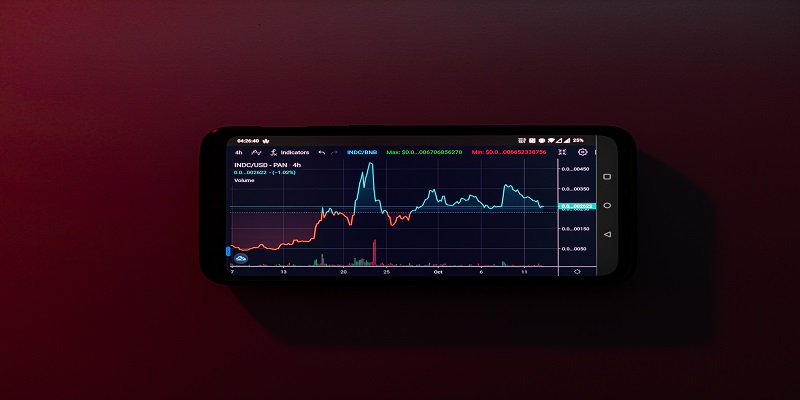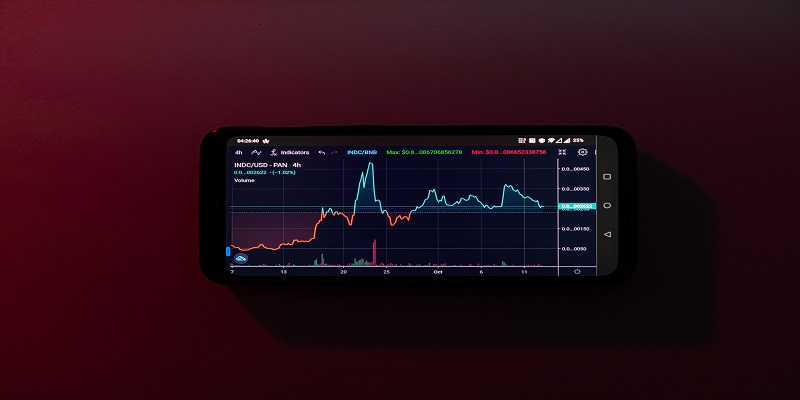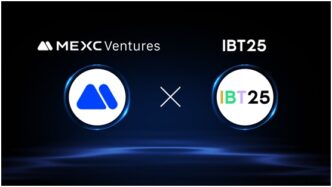What is Blockchain Technology?
Essentially, a blockchain is a digital ledger of online transactions. This public record is decentralized, meaning it isn’t stored in any single location. Rather, it’s distributed across a global network of computers. This distribution makes blockchain incredibly secure. Whenever a new transaction occurs on the blockchain, it’s recorded as a “block.” That block is then added to the “chain,” creating an up-to-date and publicly available record of all transactions.
This decentralized system has several advantages. For one, it’s incredibly difficult for anyone to tamper with the blockchain because they would need to corrupt not just one computer in the network but majority of them spread across the globe simultaneously – something that is almost impossible to do. Additionally, because the ledger is public and constantly updated, it provides greater transparency and traceability than traditional systems
Benefits of Blockchain Technology
- Increased security: Blockchain technology is often lauded for its increased security compared to traditional methods of data storage and transaction processing. By using a decentralized network of computers to validate and record transactions, blockchain provides a much higher level of security than centralized systems.
- Faster transactions: Blockchain-based systems can process transactions much faster than traditional systems, due to the increased efficiency of the decentralized network.
- Reduced costs: When compared to traditional methods, blockchain technology can help reduce costs associated with data storage, transaction processing, and other operations.
- Greater transparency: The decentralized nature of blockchain provides greater transparency, as all transactions are publicly visible on the network. This can help reduce fraud and corruption in many industries.
- Improved scalability: Blockchain technology is highly scalable, meaning it can easily handle large volumes of transactions without slowing down or breaking down.
How Does Blockchain Work?
Blockchain technology was first outlined in 1991 by Stuart Haber and W. Scott Stornetta, two researchers who wanted to find a way to timestamped digital documents so they couldn’t be backdated or tampered with. But it wasn’t until 2009 that blockchain had its first real-world application when Satoshi Nakamoto used it as the public transaction ledger for the cryptocurrency bitcoin.
Since then, the unique properties of blockchain have made it a popular choice for other applications, such as smart contracts, supply chain tracking, and voting systems. Let’s take a closer look at how this technology works.
A blockchain is a digital ledger of all cryptocurrency transactions. It is constantly growing as “completed” blocks are added to it with a new set of recordings. Each block contains a cryptographic hash of the previous block, a timestamp, and transaction data. Bitcoin nodes use the block chain to differentiate legitimate Bitcoin transactions from attempts to re-spend coins that have already been spent elsewhere.
At its most basic level, a blockchain is simply a digital ledger of transactions. When someone buys or sells something using bitcoin (or another cryptocurrency), their transaction is added to the ledger as a “block.” Each block contains three key pieces of information:
The cryptographic hash of the previous block in the chain, the timestamp of the transaction, and the transaction data (e.g., amount of bitcoin transferred) makes the blockchain transaction possible.
Applications of Blockchain
- Payment Processing:
One of the most potential applications of Blockchain technology is in the field of payment processing and money transfers. The major advantage that Blockchain offers in this area is that it eliminates the need for a central authority or middleman to verify and facilitate transactions. With Blockchain, each transaction is verified by the network of computers on the distributed ledger, making it virtually impossible to commit fraud or scams. This could potentially revolutionize the way we make financial transactions, making them faster, cheaper and more secure.
- Supply Chain Management:
Another area where Blockchain could have a major impact is supply chain management. Currently, supply chains are very complex and often involve multiple intermediaries, which can make them inefficient and susceptible to fraud. By using Blockchain to track goods through the supply chain from point of origin to point of sale, businesses could streamline their operations and secure their data. This would not only improve efficiency but also help to ensure that products are genuine and not counterfeit.
- Identity Management:
One of the most important aspects of our lives is our identity, yet it is something that we often take for granted. However, in today’s digital world, our identities are at risk of being stolen or compromised. With Blockchain technology, we can have a unique digital identity that cannot be lost or stolen. This would not only protect our personal information but also help to prevent identity theft and fraud.

Companies Leveraging Blockchain Technology
The impact of blockchain technology is far-reaching and its potential knows no bounds. In particular, businesses are turning to blockchain in droves as a way to streamline their operations and reduce costs. Here are some examples of notable companies that are leveraging blockchain technology:
- IBM – IBM is one of the most active corporate investors in blockchain technology. The company has been working on blockchain projects for a number of years now and has even created its own blockchain platform, called IBM Blockchain. IBM is using blockchain to help businesses across a variety of industries, from food supply chain management to cross-border payments.
- Microsoft – Microsoft is also investing heavily in blockchain technology. The company has announced a new partnership with ConsenSys, a leading Ethereum development studio, to build enterprise-grade applications on the Ethereum network. Microsoft is also using blockchain internally to streamline its own operations; for instance, the company recently used blockchain to track carbon emissions from its data centers.
- Amazon – Amazon, the world’s largest online retailer, is also dipping its toes into the world of blockchain. The company has registered several cryptocurrency-related domain names, sparking speculation that it may soon start accepting Bitcoin as payment method on its platform. Amazon is also reportedly working on a decentralized marketplace that would use blockchain to track products and verify identities of buyers and sellers.
Security Considerations with Blockchain
The rise of Bitcoin and other cryptocurrencies has been accompanied by an increase in the number of cyberattacks targeting exchanges and wallets. In response, many organizations are turning to blockchain technology to help secure their digital assets.
Blockchain is a distributed database that allows for secure, transparent and tamper-proof transactions. Each block in the chain contains a cryptographic hash of the previous block, a timestamp, and transaction data. Blockchain is often lauded for its security features, as it is extremely difficult to alter data once it has been added to the chain.
However, blockchain is not impervious to attack. There have been a number of high-profile hacks of blockchain-based systems, and there are some potential security risks inherent in the technology.
Exchanges and wallets are prime targets for hackers, as they hold large amounts of valuable data. If an exchange or wallet is not properly secured, it can be compromised by attackers. One way to help protect your assets is to use a hardware wallet, which stores your private keys offline and away from potential threats.
In addition, it is important to be aware of the risks associated with initial coin offerings (ICOs). Many ICOs have turned out to be scams, and investors have lost millions of dollars as a result. Be sure to do your research before investing in any ICO.
Remember that blockchain is still a relatively new technology, and it is constantly evolving. As such, there may be unforeseen security risks that
Conclusion
We hope that this Blockchain 101 article has provided you with enough information to get understand the basics of what blockchain technology is, how it works, and why it is being used by many companies. With more transparency and security offered by blockchain networks, this new technology looks poised to revolutionize how businesses process transactions in the future. Whether you’re considering implementing a decentralized system or are just curious about understanding its potential implications on business operations, now may be the time to familiarize yourself with the concepts and advantages of blockchain technology.













